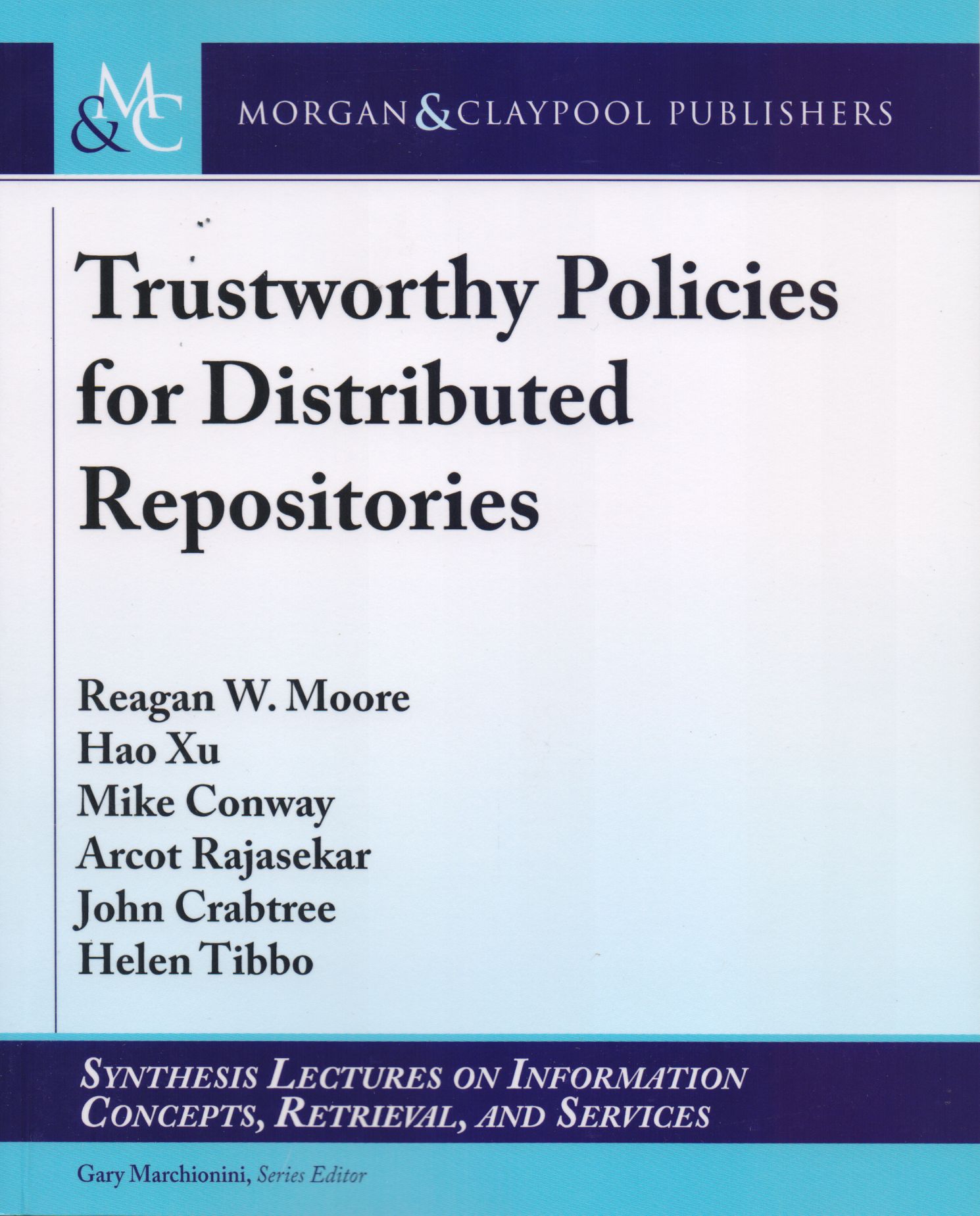Libros relacionados
 |
Scholarly Collaboration On The Academic Social Web He, Daqing / Jeng, Wei Morgan & Claypool Publishers |
 |
Database Anonymization: Privacy Models, Data Utility, And Microaggregation-Based Domingo-Ferrer, Josep / Sánchez, David / Soria-Comas, Jordi Morgan & Claypool Publishers |
 |
Dynamic Information Retrieval Modeling Hui Yang, Grace / Sloan, Marc / Wang, Jun Morgan & Claypool Publishers |
 |
Learning From Multiple Social Networks Nie, Liqiang / Song, Xuemeng / Chua, Tat-Seng Morgan & Claypool Publishers |
 |
Trustworthy Policies For Distributed Repositories W. Moore, Reagan / Xu, Hao / Conway, Mike / Rajasekar, Arcot Morgan & Claypool Publishers |
 |
Notion Of Relevance In Information Science, The: Eveybody Knows What Relevance I Saracevic, Tefko Morgan & Claypool Publishers |
 |
Semantic Interaction For Visual Analytics: Inferring Analytical Reasoning For Mo Endert, Alex Morgan & Claypool Publishers |


|
Título: New-Model Scholarship | |
| Autor: Smith Abby | Precio: $200.00 | |
| Editorial: Council On Library And Information Resources | Año: 2003 | |
| Tema: Informacion, Archivonomia, Digital | Edición: 1ª | |
| Sinopsis | ISBN: 1887334998 | |
| In 2002, the Alfred P. Sloan Foundation, which for several years has been supporting Web-based projects to document the history of contemporary science and technology, turned to the library and archival community for guidance on how the foundation's data creators could preserve their digital documents. With a generous grant to the Council on Library and Information Resources (CLIR), the foundation sought to engage those who are best positioned to advise on digital preservation issues.
CLIR hosted a meeting of scholars, librarians, archivists, technologists, publishers, and funders to discuss the preservation of digital scholarly resources. The goal of the workshop was to identify the needs of various stakeholders_Web site creators; distributors and publishers of digital materials; representatives of archives, libraries, and repositories that want to collect these sites and make them available; end users; and anyone in the chain of scholarly communication who might want to discover and use these works for their own purposes_and to agree on common approaches to meeting those needs. |
||
Librería Bonilla SA de CV © Todos los derechos reservados. 2019
Última actualización: Jul 2019




